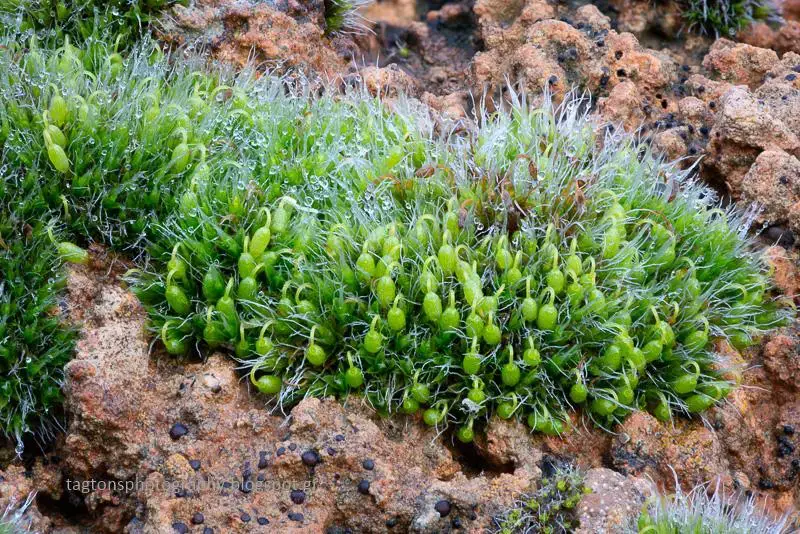
803_0927%2BHF%2BHymittos%252C%2BJanuary%2B12%252C%2B2018.jpg from: https://tagtonsphotography.blogspot.com/2019/05/polytrichum-alpinum.html
Introduction
In the vast and captivating world of bryophytes, the Polytrichum alpinum var. brevifolium (R.Br.) Müll.Hal. moss stands out as a remarkable representative of the Polytrichaceae family. Often referred to simply as Polytrichum, this unassuming yet fascinating plant has captured the hearts of moss enthusiasts worldwide.
Background
Before delving into the intricacies of this moss species, it’s essential to understand its taxonomic classification. Polytrichum alpinum var. brevifolium (R.Br.) Müll.Hal. belongs to the phylum Bryophyta, which encompasses all mosses, liverworts, and hornworts. More specifically, it is a member of the class Polytrichopsida, a group known for its distinctive features and evolutionary adaptations.
Main Content
Morphology and Identification
Polytrichum alpinum var. brevifolium (R.Br.) Müll.Hal.
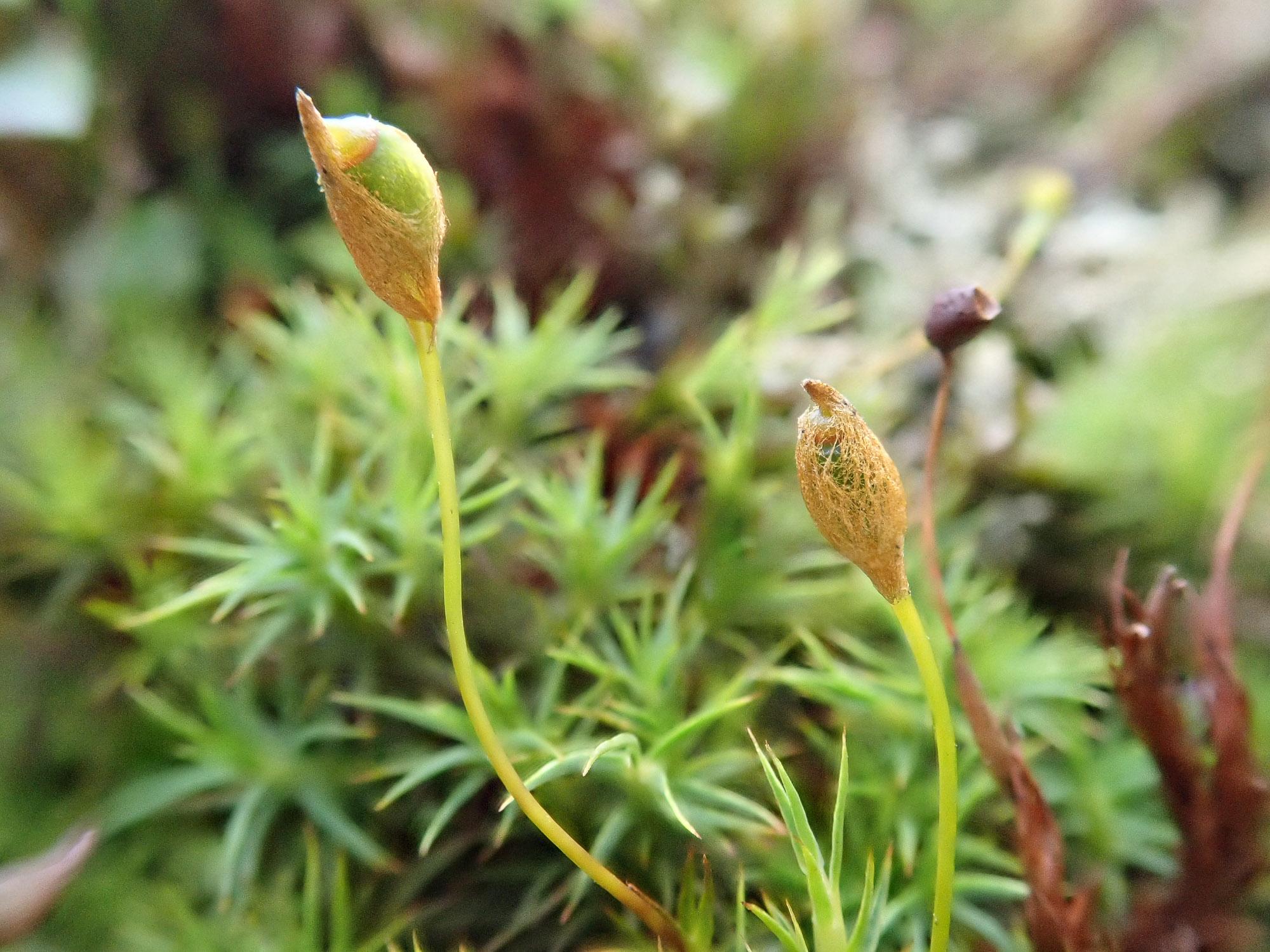
2021-09-16-14-32-46.jpg from: https://www.britishbryologicalsociety.org.uk/learning/species-finder/polytrichastrum-alpinum/
is a perennial moss that forms dense, cushion-like tufts or mats. Its leaves are narrow, linear, and often curved, giving the plant a distinctive appearance. One of the most striking features of this moss is its hairy calyptra, a protective cap that covers the developing sporophyte (spore-bearing structure).
Global Distribution and Habitat
This moss species is widely distributed across various regions, including North America, Europe, and Asia. It thrives in a variety of habitats, such as alpine and arctic tundra, boreal forests, and rocky outcrops. Its ability to adapt to harsh conditions, including low temperatures and limited moisture, makes it a resilient and hardy plant.
Ecological Roles and Adaptations
Polytrichum alpinum var. brevifolium (R.Br.) Müll.Hal. plays a crucial role in its ecosystem. As a pioneer species, it helps stabilize soil and create favorable conditions for other plants to establish themselves. Additionally, its dense mats provide shelter and nesting material for various invertebrates and small mammals.
One of the remarkable adaptations of this moss is its ability to regulate its water content. Its leaves are equipped with specialized structures called lamellae, which increase the surface area for water absorption and gas exchange. This adaptation allows the moss to thrive in environments with limited water availability.
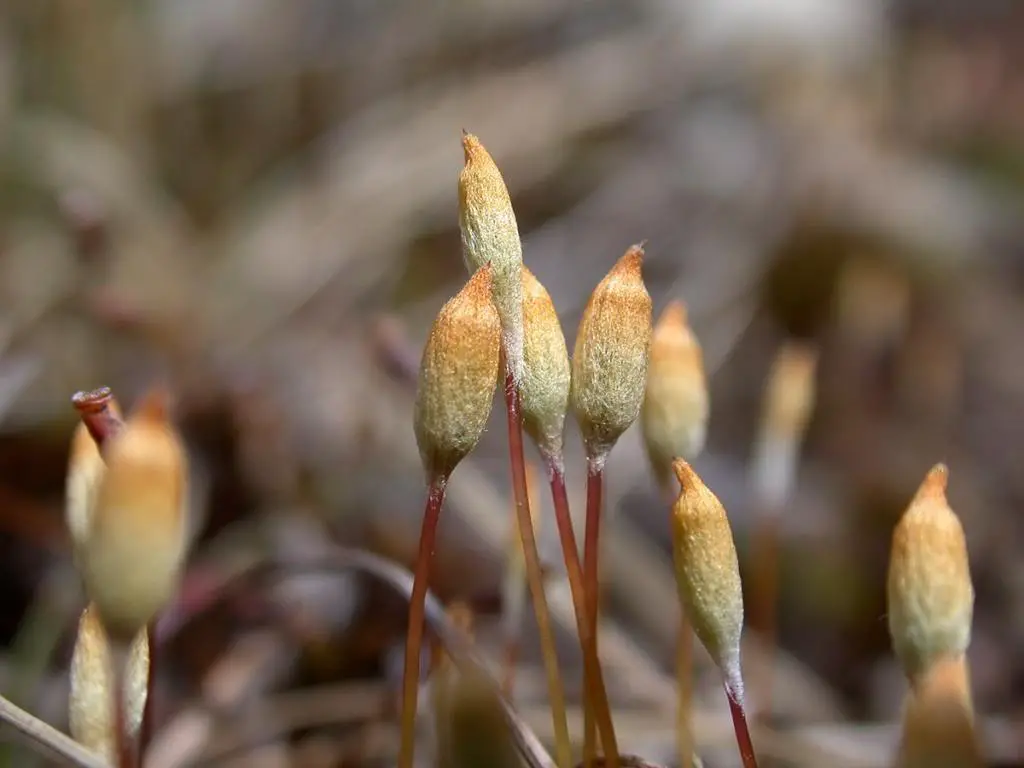
144029_13089437.jpg from: https://www.mikroskopie-forum.de/index.php?topic=18866.0
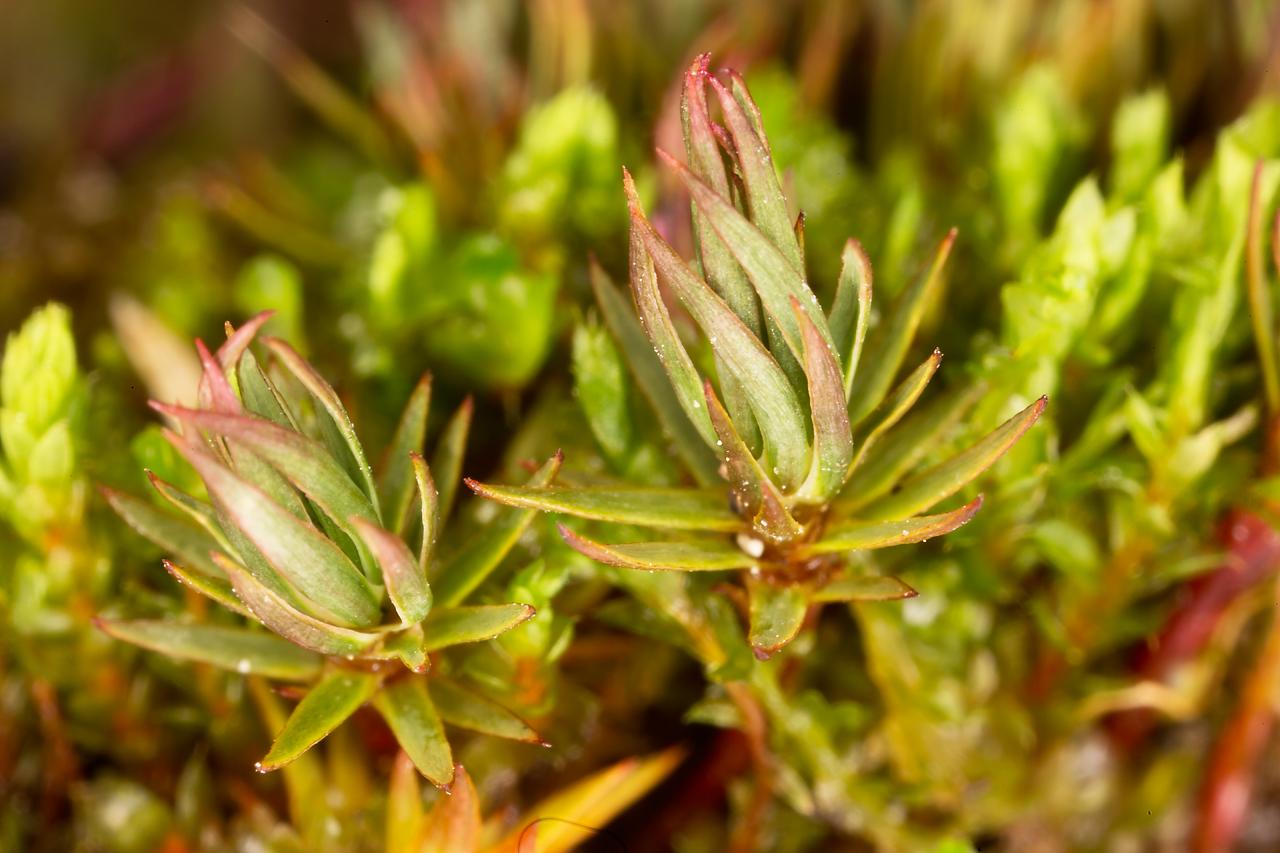
polytrichastrum_alpinum.jpg from: https://wnmu.edu/academic/nspages/gilaflora/polytrichastrum_alpinum.html
Case Studies/Examples
In the Rocky Mountains of North America, Polytrichum alpinum var. brevifolium (R.Br.) Müll.Hal. is a common sight, forming vibrant green carpets on rocky slopes and alpine meadows. Its presence is often an indicator of a healthy and diverse ecosystem, as it provides a suitable habitat for various other species, including insects, spiders, and small mammals.
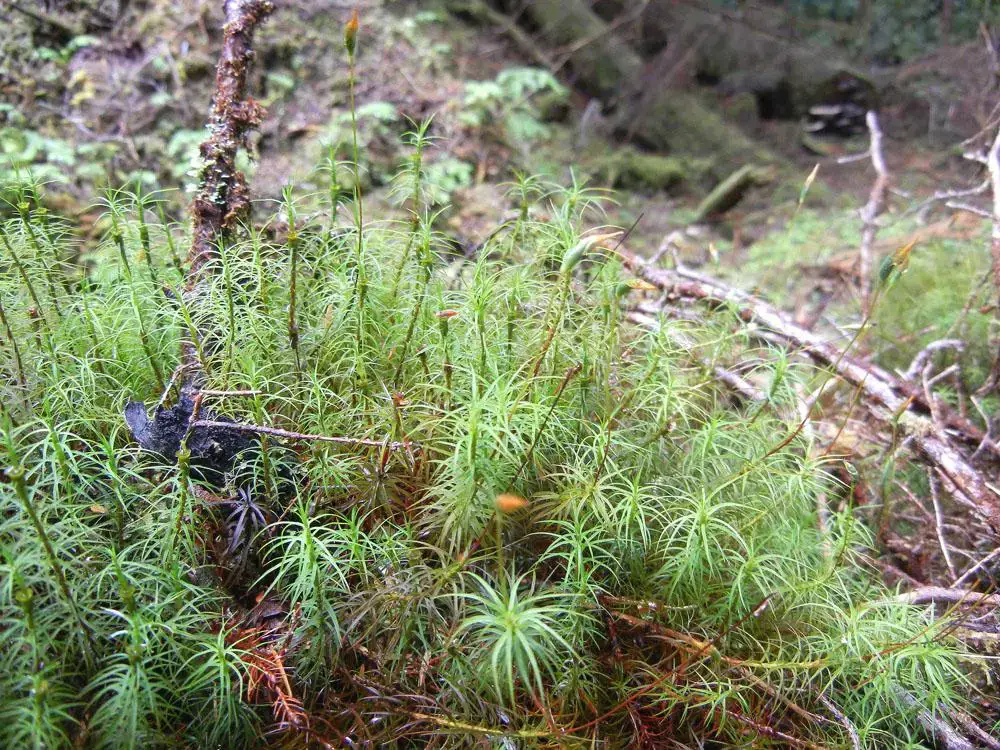
P.-alpinum.jpg from: https://blogs.ubc.ca/biology321/?page_id=1757
Technical Table
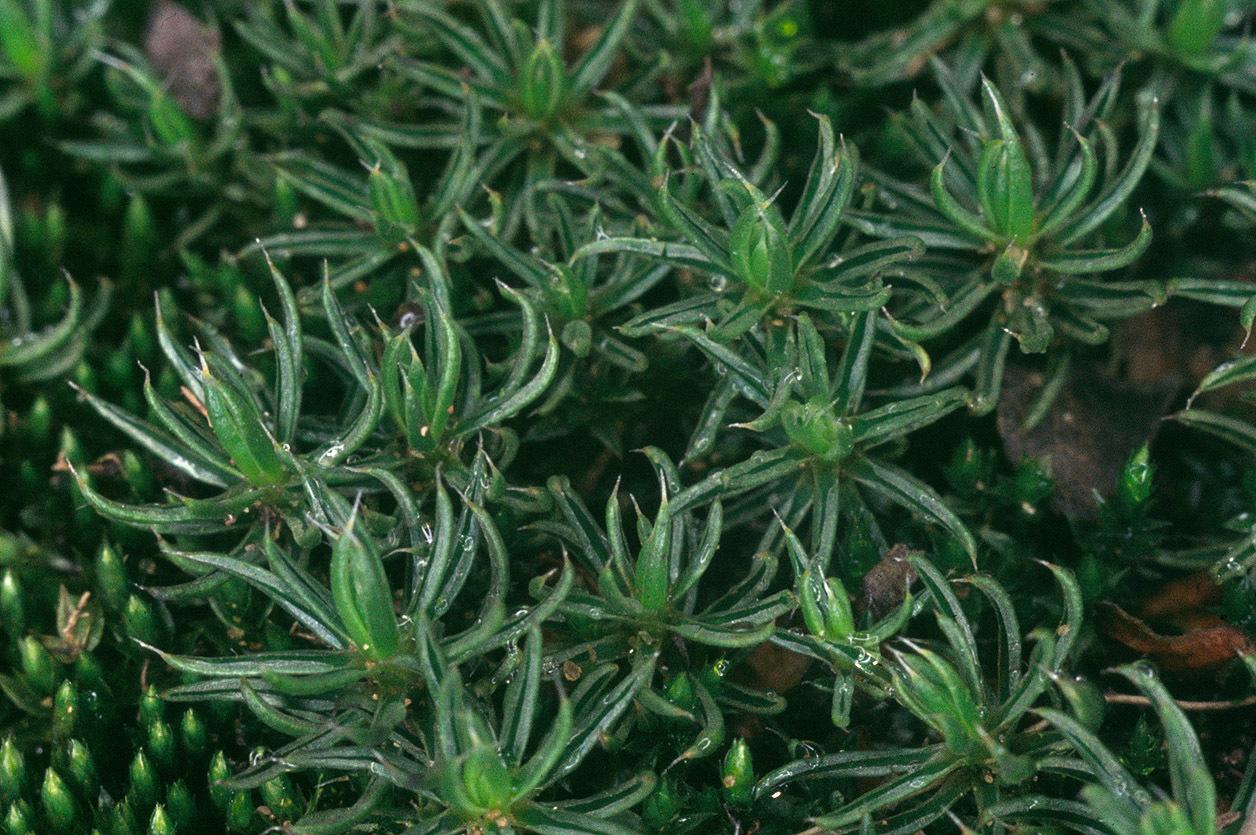
549.BI-image-53571.jpg from: https://eol.org/pages/892087/media
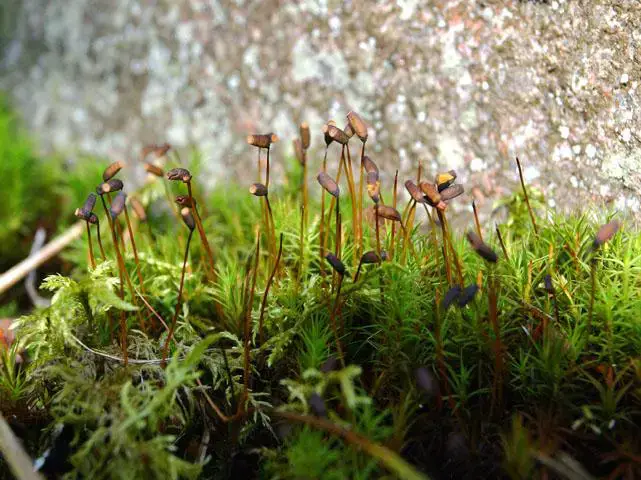
post-58-1095263202.jpg from: https://forum.mikroscopia.com/topic/1189-polytrichum-alpinum-hedw/
| Characteristic | Description |
|---|---|
| Phylum | Bryophyta |
| Class | Polytrichopsida |
| Family | Polytrichaceae |
| Genus | Polytrichum |
| Species | Polytrichum alpinum var. brevifolium (R.Br.) Müll.Hal.
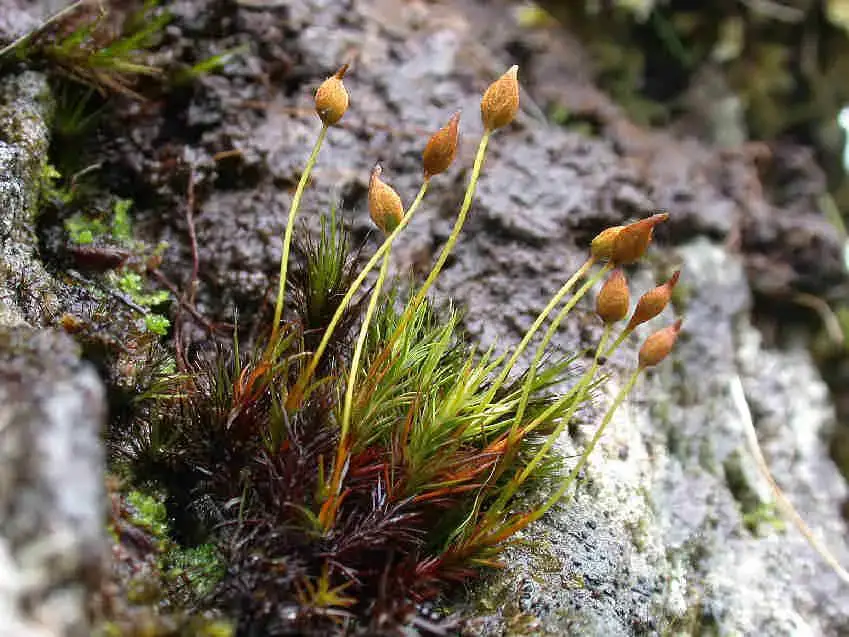 Polytrichastrum_alpinum_002.JPG from: https://cisfbr.org.uk/Bryo/Cornish_Bryophytes_Polytrichastrum_alpinum.html |
| Growth Form | Dense tufts or mats |
| Leaf Shape | Narrow, linear, often curved |
| Calyptra | Hairy |
| Habitat | Alpine and arctic tundra, boreal forests, rocky outcrops |
| Distribution | North America, Europe, Asia |
Conclusion
Polytrichum alpinum var. brevifolium (R.Br.) Müll.Hal. is a remarkable moss species that showcases the incredible diversity and resilience of bryophytes. Its unique morphology, global distribution, and ecological roles make it a fascinating subject for moss enthusiasts and naturalists alike. As you explore the world of mosses, take a moment to appreciate the intricate beauty and adaptations of this unassuming yet remarkable plant. Who knows what other wonders await in the realm of bryophytes?
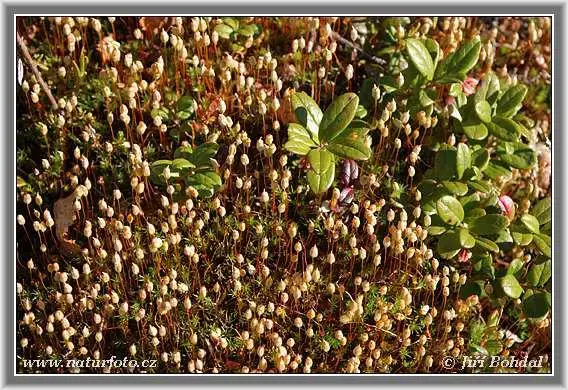
polytrichum-2818.jpg from: https://www.naturephoto-cz.com/polytrichum-photo_lat-805.html
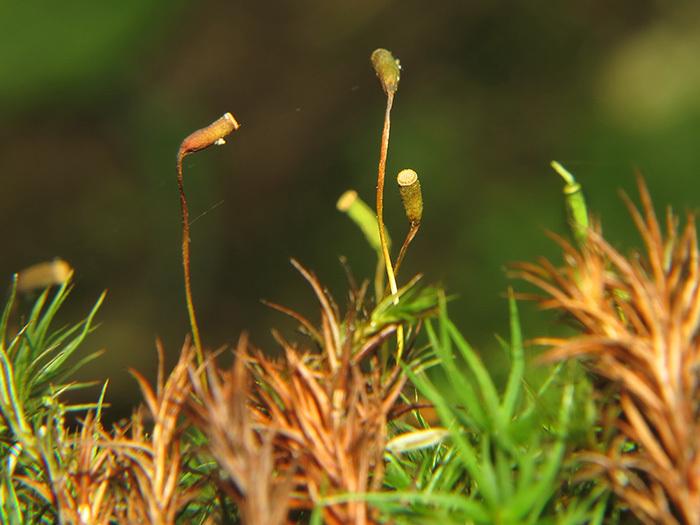
874641.jpg from: https://www.bio-forum.pl/messages/3280/874636.html